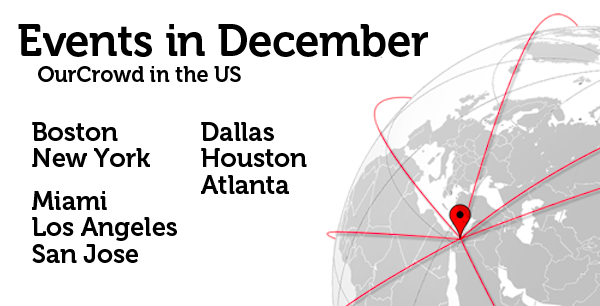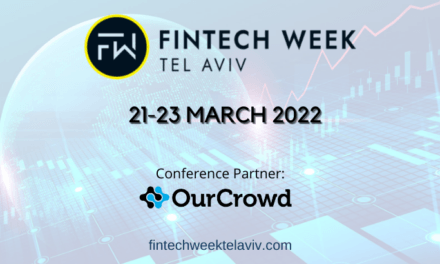At the 2019 OurCrowd Global Investor Summit, Nobel Laureate Daniel Kahneman revealed what drives our choices in business, science, and life during an insightful Q&A. The pioneer in behavioral economics shared with a captivated audience that intuition can be marvellous but it is often wrong (and unfortunately isn’t helpful when it comes to buying and selling stocks). Kahneman advised that one should delay his intuition until he has all the information. He further shared that to reach big successes one must be “crazily optimistic” or even delusional, as success does not come without risk.
Watch the full Q&A with Professor Daniel Kahneman linked below as well as five top quotes from both the Summit as well as his international bestseller, Thinking, Fast and Slow, where Kahneman unveils what drives the way we think:
“What you really want to do is to delay [intuition] until you have all the information…you’re better off if you collect information first.” – Art & Science of Decision Making, 2019 OurCrowd Global Investor Summit
“Great successes, when you look backwards, were always due to somebody being crazily optimistic. Delusional actually. You don’t get to big successes without taking unreasonable risks.” – Art & Science of Decision Making, 2019 OurCrowd Global Investor Summit
“A reliable way to make people believe in falsehoods is frequent repetition, because familiarity is not easily distinguished from truth. Authoritarian institutions and marketers have always known this fact.” ― Thinking, Fast and Slow
“This is the essence of intuitive heuristics: when faced with a difficult question, we often answer an easier one instead, usually without noticing the substitution.” ― Thinking, Fast and Slow
“We can be blind to the obvious, and we are also blind to our blindness.” ― Thinking, Fast and Slow
Daniel Kahneman is an Israeli-American psychologist notable for his work on the psychology of judgment and decision-making, as well as behavioral economics, for which he was awarded the 2002 Nobel Memorial Prize in Economic Sciences. In 2013 he was awarded the Medal of Freedom by President Obama. His book Thinking, Fast and Slow was published in 2011 and remains an international bestseller. Daniel was named by Foreign Policy magazine to its list of top global thinkers, and The Economist listed him as one of the most influential economists in the world. He is professor emeritus of psychology and public affairs at Princeton University’s Woodrow Wilson School.








